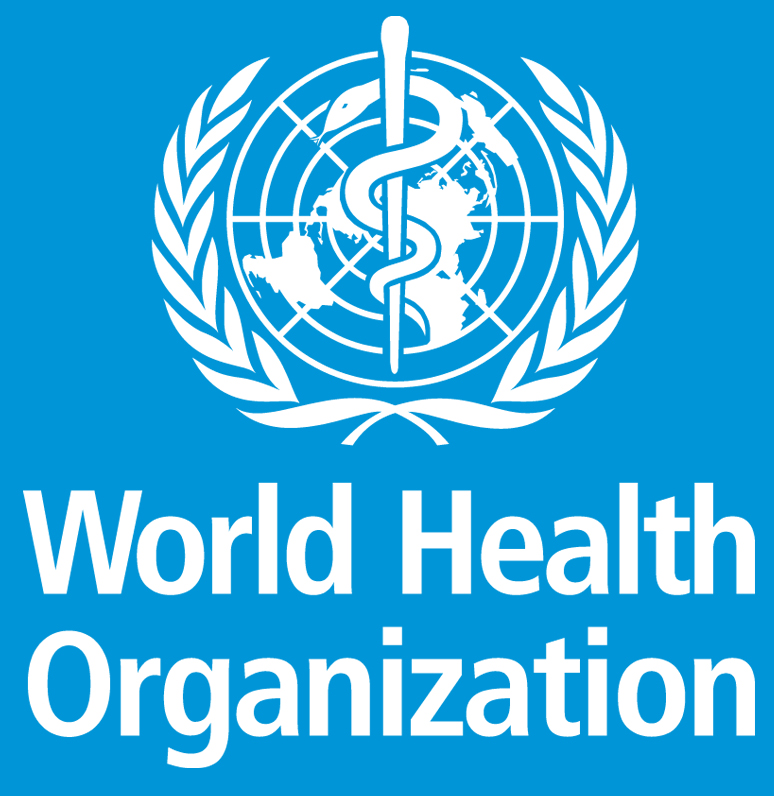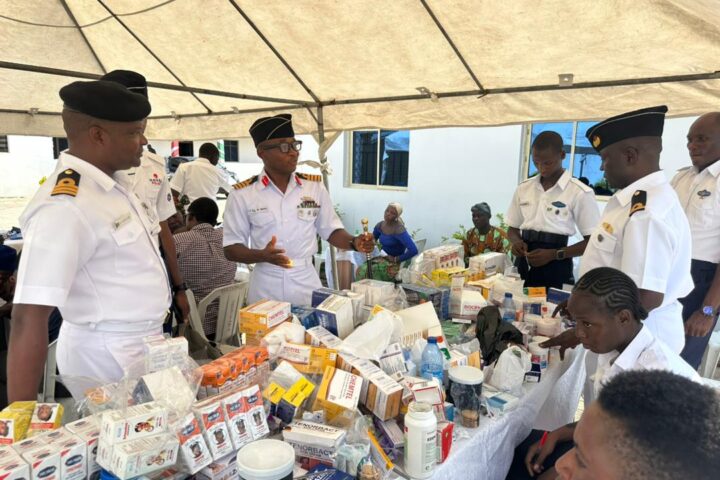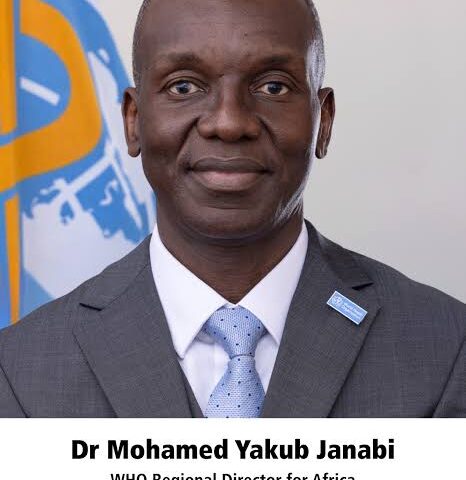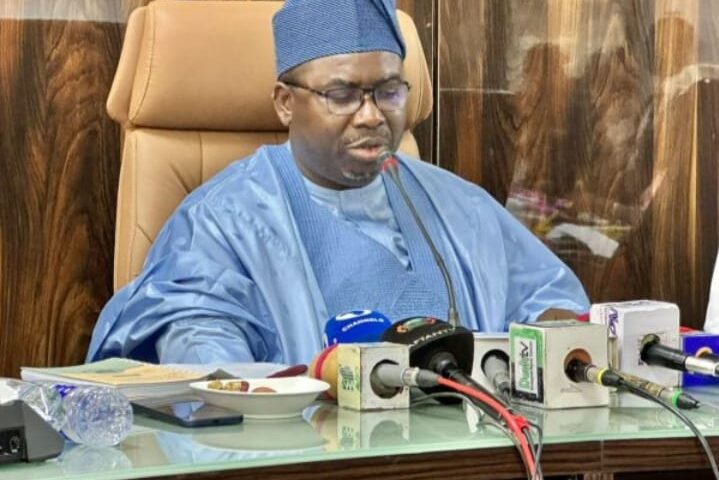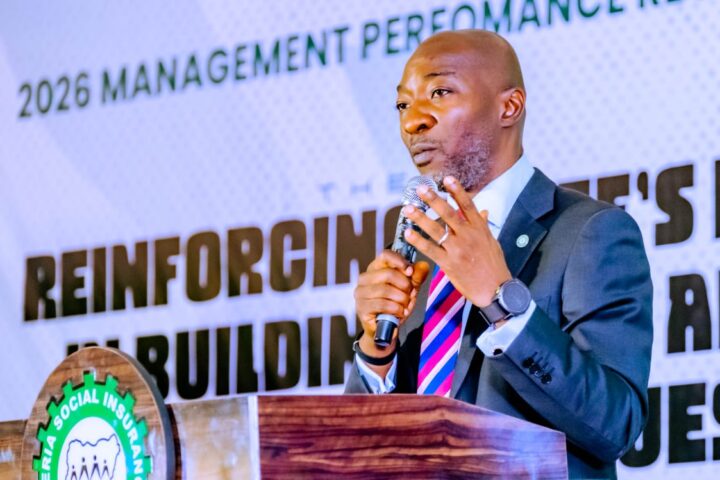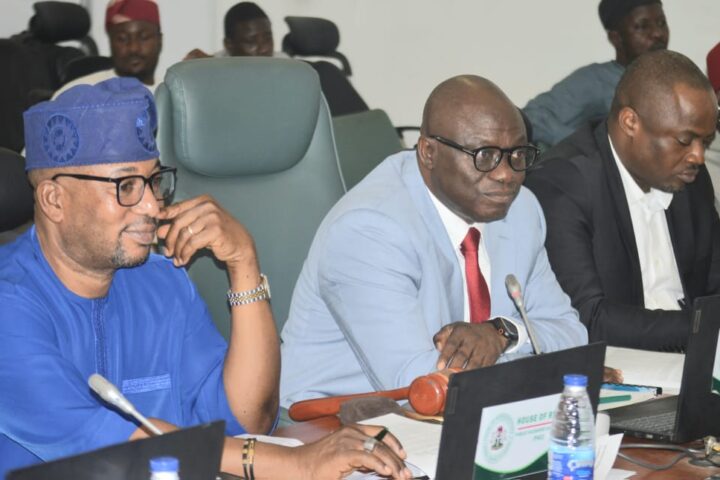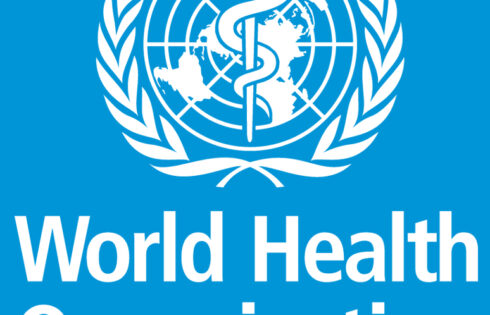
The World Health Organisation has said that Nigeria and other countries on the continent are polio-free and would no longer get funds for campaign against polio eradication activities from next January.
Its Country Representative for Nigeria, Dr. Walter Mulombo,also said Nigeria and other countries on the continent had been taken out from priority list.
He said: “With the declaration of Africa as polio-free, the continent is being taken off the list of priority area that the global polio eradication will support and by January of 2022, there will not be substantial funding to support polio eradication activities.
“Nigeria however needs to continue those activities to maintain a polio-free status until such a time that global eradication of the disease is achieved.”
Meanwhile,the National Tuberculosis and Leprosy Control Programme (NTBLCP),has disclosed that the funding gap of Tuberculosis in Nigeria currently stands at 70 percent.
The National Coordinator, NTBLCP, Chukwuma Anyaike disclosed this in Abuja at a virtual advocacy workshop on Drug-Resistance TB (DR-TB) organised by the National Tuberculosis and Leprosy Control Programme (NTBLCP), in collaboration with the Stop TB Partnership Nigeria and the Treatment Action Group (TAG) New York.
He said the country can only boast of 30 per cent funding out of which 23 per cent is from international donors and other partners.
He added :“We need support, especially financial support to be able to breach this gap and eradicate the disease.Tuberculosis is a contagious disease that is caused by a bacterium (Mycobacterium tuberculosis) that often affects the lungs.
“Nigeria remains one of the 30 countries globally with the highest burden of TB. She ranks first in Africa with the number of undetected cases.
“Although TB is one of the vaccine-preventable diseases which is also curable, statistics from the WHO show that every year, around 245,000 Nigerians die from TB, and about 590,000 new cases occur (of these, around 140,000 are also HIV-positive),”he said.
He said,data released by ‘Stop TB Partnership’ in March shows that global treatment and diagnosis of TB cases witnessed a drastic decline in 2020 due to the COVID-19 pandemic which has infected millions of people worldwide.
The report ,he stated,also indicates that disruptions in services caused by the pandemic have led to further setbacks in progress already made against the disease.
He said Nigeria has only treated 11 per cent of people with drug resistant TB, leaving a gap of 89 per cent,adding that the data show that one case of TB that is left untreated can infect 10 to 15 people in a year depending on the environmental position of such a person.
“We have 440,000 new cases of TB in Nigeria and the highest number of cases we notified was in 2020. If compared with our estimation, you will find out we have above 300,000 cases still missing,” he explained.
According to him,between 2010 and 2020, 13,407 DR-TB cases have been notified while 9,337 have been placed on treatment.
Anyaike said awareness of TB is still very low as only 27 per cent of Nigerians know about the disease.


